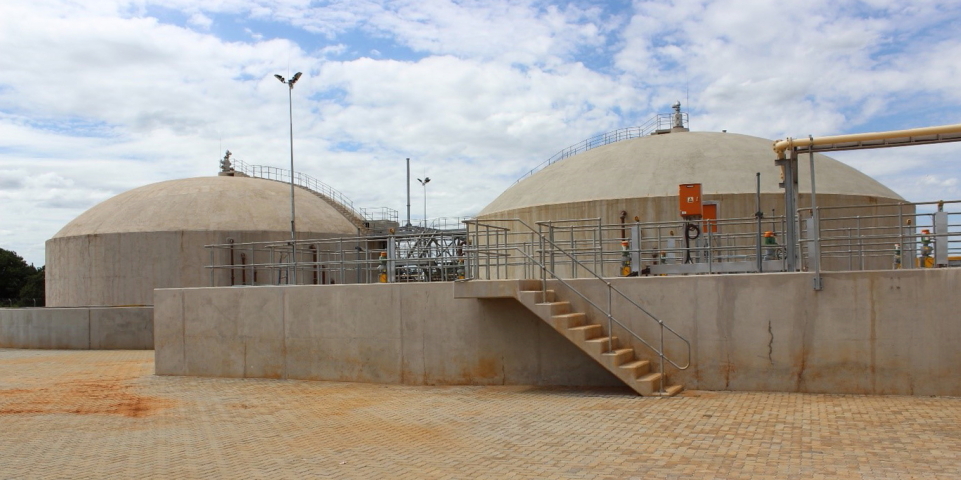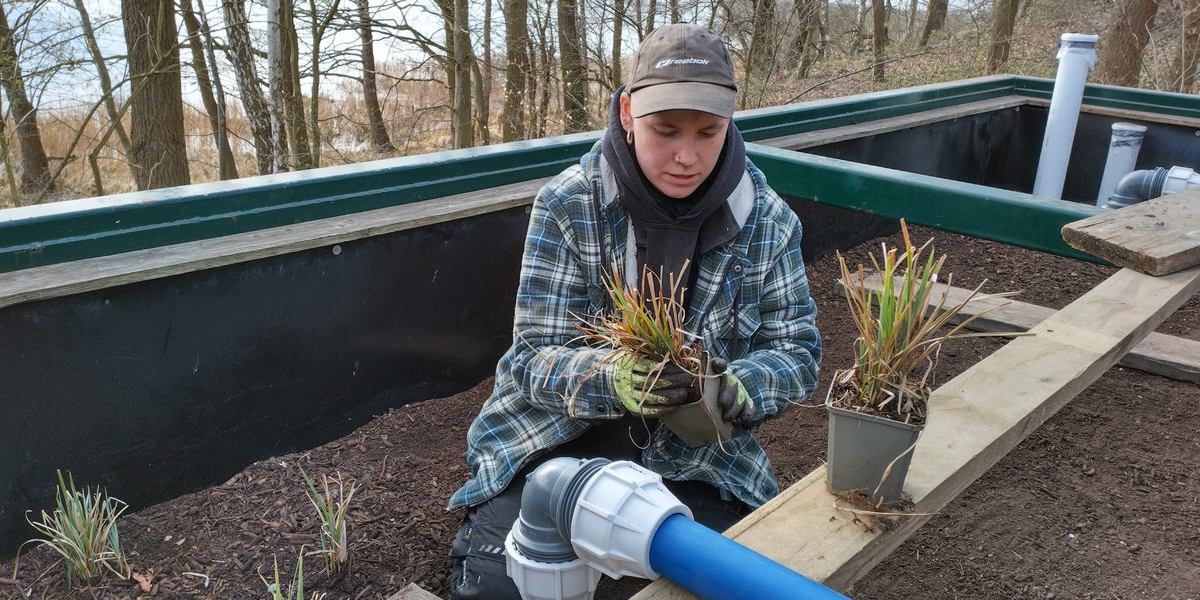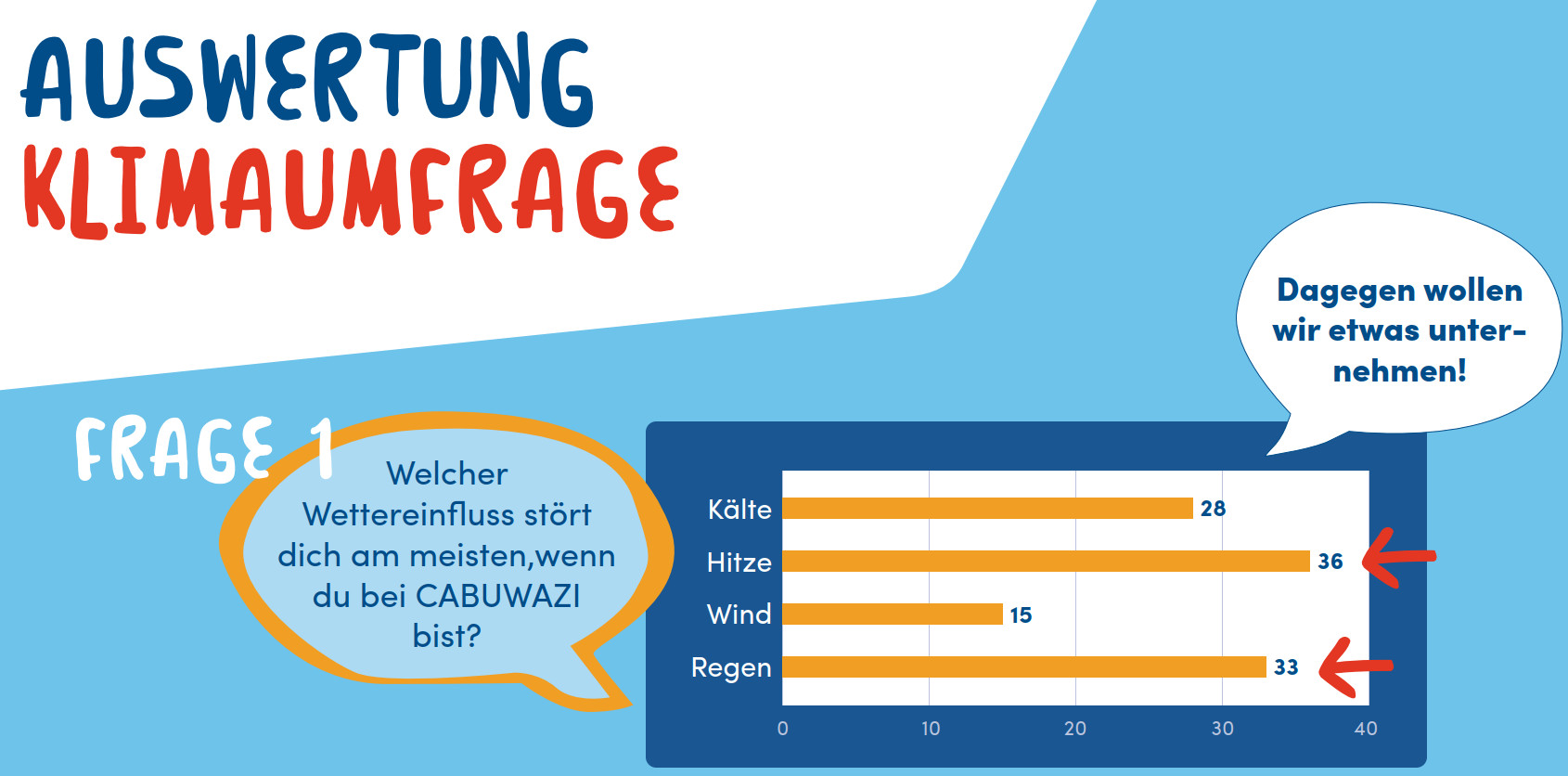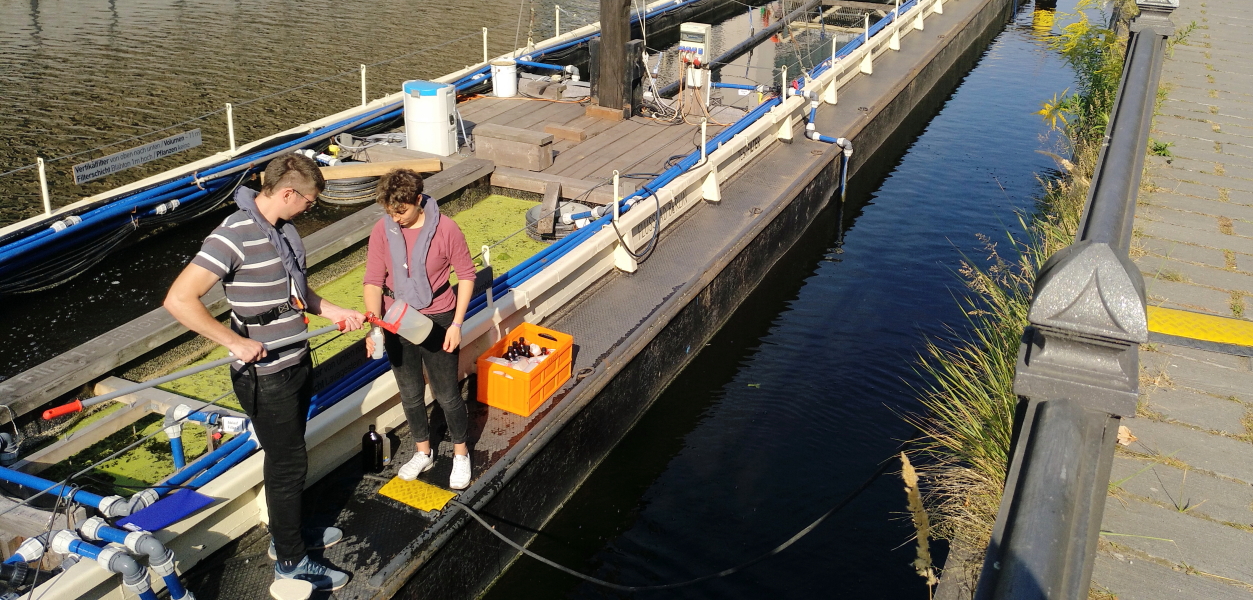

Modification of industrial waste water treatment plant ensures phosphate discharge value
New German Guideline DWA-A 262 at Conference in Nantes
Conversion of sewage gas into electricity in South Africa
Overall, the framework conditions in South Africa for the generation of electricity from sewage gas are rather difficult. The remuneration for feed-in from renewable energies is fixed at auctions, this procedure prefers scalable technologies such as photovoltaics. Biogas, on the other hand, is limited by the availability of raw materials. This restriction applies in particular to the conversion of sewage and landfill gases into electricity. The unique selling point of biogas, simple storage and power generation at peak times, is also not affected by this process of auctioning.
Thus, the only economically decisive factor on the South African energy market is the savings in own electricity consumption. The current electricity prices of around 1.20 rand/kWh (around 0.08 €/kWh) are low by German standards. However, the electricity price has multiplied since 2007: at that time, it was 0.013 €/kWh. In addition, annual price increases of 10% have been announced.
In this field of tension AKUT was commissioned by the Deutschen Gesellschaft für Internationale Zusammenarbeit (GIZ) GmbH to prepare two studies on the use of sewage gas for the two sewage treatment plants Kingstonvalle and Zeekoegat.
Economic plus ecological advantages
Against the current background of water scarcity in Cape Town, the relevance and explosive nature of the topic becomes very clear. The lack of rainfall is primarily attributed to climate change. The studies therefore identify emission reductions, in this case reductions in methane emissions, as a significant advantage in addition to economic advantages. At present, the gas produced by sewage sludge digestion is released into the atmosphere without further measures. This is now to be changed so that the gas is collected, processed and used for power generation.
The studies present detailed comparisons of various technical components, operating models and organisational forms. In both sewage treatment plants, the economic benefit can be maximised by optimising the utilisation of the existing digestion towers. Capacity utilisation is to be increased by adding so-called co-substrates, either digested sludge from neighbouring sewage treatment plants or waste from the agricultural industry. The latter could be identified by local AKUT employees so that specific modelling could be carried out, taking into account both the biogas potential and transport costs.
Economically reasonable are also the variants with an exclusive treatment of the sewage sludge of the sewage treatment plant. However, the then lower investments will lead to a slight reduction in profitability.
In addition to the technical components and the various operational management, operator models from in-house operation to BOT models were also examined. Two preference variants were determined from six different operator models.
The decision now lies in the field of politics. Should the measures be implemented? Which of the preferred variants is preferred? GIZ and AKUT are ready to continue to support the City of Tshwane and Mbombela municipalities – both in decision-making and in technical implementation.


